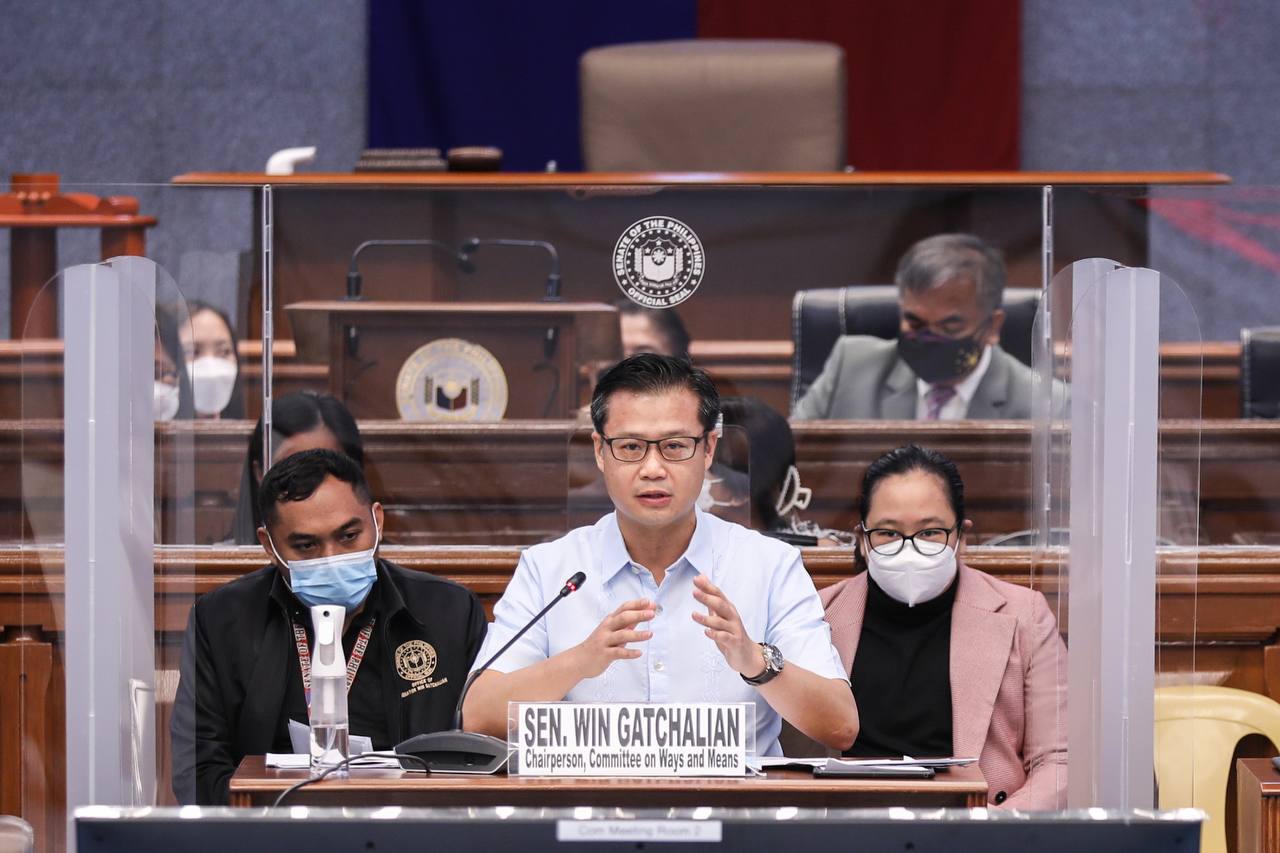Philippine Overseas Gaming Operators (POGOs) in the country have under declared tax payments to the government as shown by discrepancies between gross gaming revenues they submitted to the Bureau of Internal Revenue (BIR) and Philippine Amusement and Gaming Corporation (PAGCOR), Senator Win Gatchalian said.

According to him, the government could have collected more taxes and fees from legitimate POGOs had they been more honest in their transactions with the BIR and PAGCOR.
“It’s regrettable that even legitimate POGOS are remiss in the payment of correct taxes. This is exactly the reason a tax regime for POGOs was put in place which is to reduce uncollected taxes due the government. It is lamentable that even licensed POGOs continue to disregard accurate payment of taxes,” Gatchalian said.
He revealed that his research shows estimated tax leakages of P1.9 billion due to the discrepancy of gross gaming revenue as reported by the BIR and PAGCOR from POGOs from January to August this year.
He said indicative gross gaming revenue from January to August this year, based on 5% gaming tax payments made to the BIR by POGO operators, totaled P28.36 billion. However, the 2% regulatory fee payments to PAGCOR show indicative gross gaming revenue for the same period at P66.67 billion. Furthermore, PAGCOR’s account receivables from POGOs over the same period were estimated at P2.3 billion.
“Research shows that we are not realizing the full benefits of allowing POGO operations in the country. It’s high time we consider developing other industries that are sustainable, high-yielding, and long-term businesses,” he said.
Gatchalian emphasized that foregone revenues from POGO operators could have been used to enhance the country’s healthcare system as provided by law. Such foregone revenues are particularly relevant as the country continues to battle the COVID-19 pandemic, he said.
He pointed out that under Republic Act 11590, or the Act Taxing POGOs, 60% of the total revenues collected from the gaming tax on offshore gaming licensees shall be allocated in the following manner: 60% for the implementation of the Universal Health Care Act, 20% for the Health Facilities Enhancement Program (HFEP), and another 20% for the attainment of the Sustainable Development Goals (SDG).


